Table of Contents
You know that restless scroll at 2 a.m.? Phone in hand, thumb hovering over Grindr, wondering if your ex is online—or if maybe a distraction will numb the ache for a night.
That’s the cruel paradox of breakups in the digital age: the very apps that once gave you validation, fun, or intimacy can suddenly feel like emotional landmines.
For gay men dating apps during no contact, the choice isn’t trivial—it’s about protecting your healing. And in queer spaces, where dating apps are often community hubs, deciding whether to mute, archive, or delete becomes its own act of self-care.
Problem A: Should you keep dating apps active during No Contact?
The hard truth: keeping Grindr or Scruff on your phone can keep you tethered to pain.
Seeing your ex pop online—or worse, fighting the urge to check if they’re there—can be just as destabilizing as texting them outright.
Research shows that even passive monitoring of an ex slows healing and fuels obsessive loops.
For many, the cleanest way to honor No Contact is to delete the app entirely, at least for a while. Think of it as digital triage: removing yourself from an environment that keeps your wound exposed. It doesn’t have to be forever, but in the early stages, deletion gives your nervous system the breathing space it desperately needs.
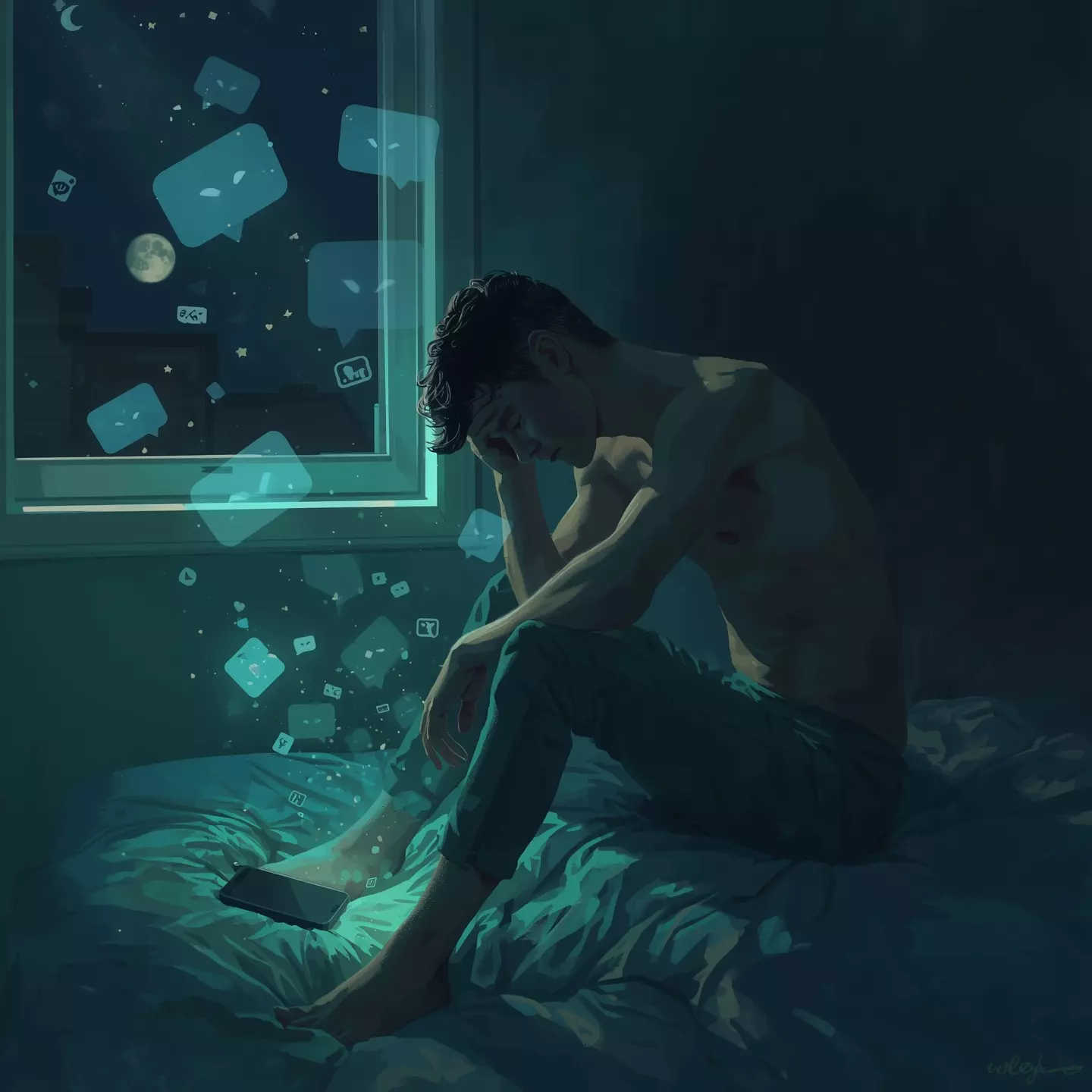
Problem B: What if deleting feels like too much?
For some, dating apps aren’t just about hookups or validation—they’re about community, connection, and visibility. After a breakup, cutting that off can feel isolating.
That’s where muting or archiving becomes a softer shield:
- Turn off notifications
- Hide old chats
- Reduce the constant drip of potential triggers
The key here is intention.
- If you’re muting and archiving to create distance and calm, it can be healthy.
- If you’re secretly leaving a window cracked open for your ex, that’s not armor—it’s temptation disguised as strategy.
Be brutally honest with yourself: is the app serving your healing, or feeding your longing?

No Contact Isn’t a Game – It’s a Healing Strategy
Let’s examine the No Contact strategy in: Science & Psychology, Planning it, Digital Hygiene, Relapses-Cravings & Crashes, Special Cases & Exceptions… and Signs that it’s working +What comes next.
Tap here to read more →Problem C: How does ghosting culture affect healing?
Dating apps thrive on immediacy—and disposability.
After a breakup, micro-rejections (being ignored, ghosted, unmatched) can feel like fresh abandonment stacked on old wounds.
Research shows apps amplify these rejections, leaving recovery even more fragile. If scrolling leaves you emptier than before, that’s your cue.
Muting and archiving may soften the noise, but they can’t change the mechanics of an app designed to keep you chasing attention. Sometimes the healthiest boundary isn’t just muting—it’s stepping away altogether, at least until your sense of self feels steadier.
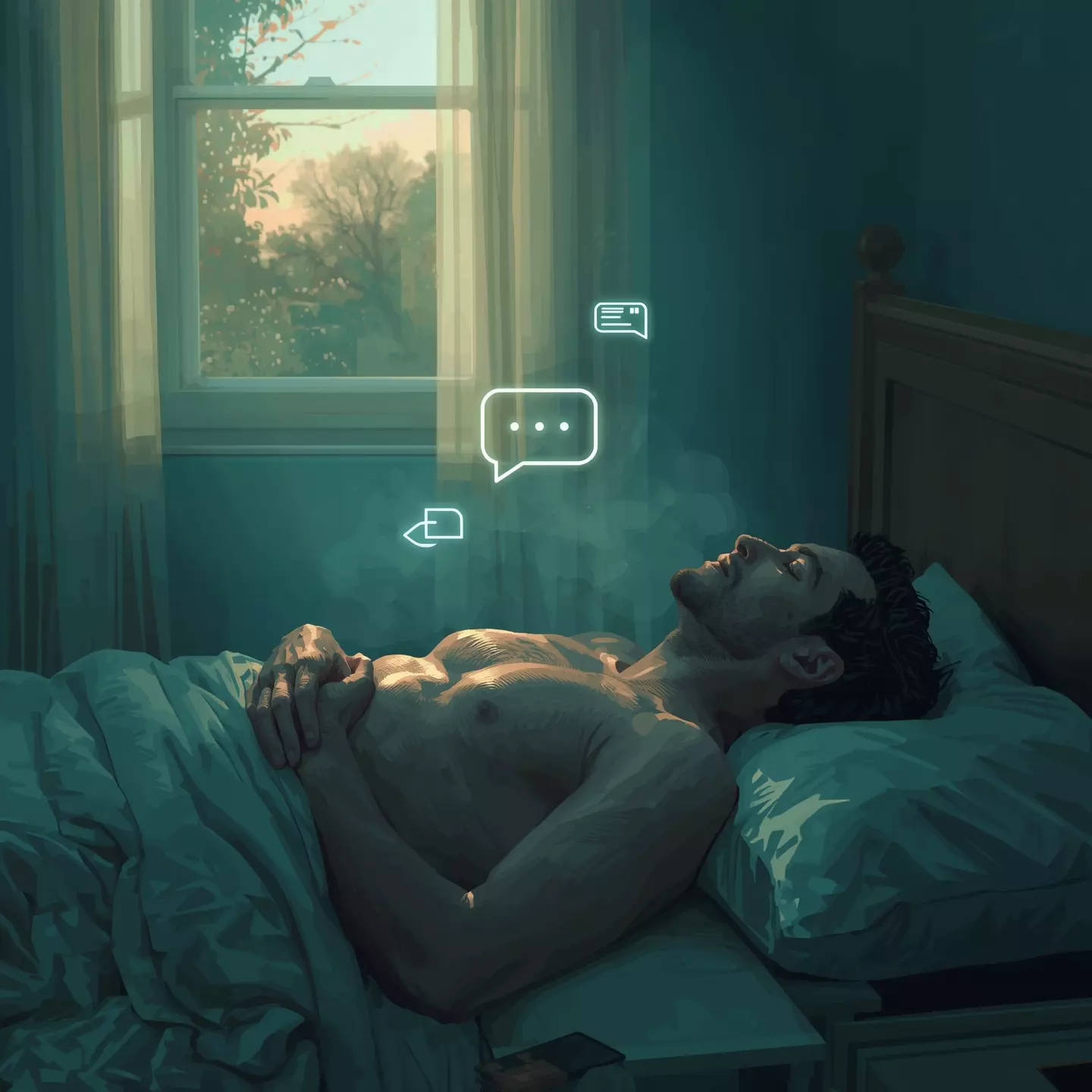
Final Reflection
Breakups are brutal, and in queer spaces, digital overlap makes clean breaks messy. Whether you mute, archive, or delete isn’t about rules—it’s about self-protection.
Some of us need the silence of deletion to breathe again. Others find that muting is enough to soften the edges. What matters is choosing the option that lets you reclaim peace.
Healing isn’t about proving strength by staying on the apps—it’s about giving yourself the conditions to rest, reset, and eventually return when connection feels like choice, not compulsion.
Sometimes the bravest thing you can do is put the phone down, and let your heart remember what it feels like to be free of constant noise.
FAQ
Q1: Should gay men delete dating apps during No Contact?
Deleting dating apps during No Contact can help remove emotional triggers like seeing an ex online. Many find that a clean digital break supports faster healing and reduces the temptation to reach out.
Q2: Is muting dating apps enough during No Contact?
Muting notifications is a useful middle ground if deleting feels too extreme. It limits constant pings and distractions, but it may not fully stop exposure to old conversations or the pull to check in.
Q3: What does ghosting culture have to do with No Contact?
Ghosting and quick dismissals are common in dating apps, and after a breakup these micro-rejections can feel more painful. Choosing to mute, archive, or delete apps helps protect against added emotional strain during recovery.
Q4: How can digital hygiene help gay men heal after a breakup?
Practicing digital hygiene—through muting, archiving, or deleting dating apps during No Contact—acts like tech armor. It reduces exposure to triggers, supports emotional boundaries, and gives space for healthier healing.
FAQ
Q1. Should gay men delete dating apps during No Contact?
Deleting dating apps during No Contact can help remove emotional triggers like seeing an ex online. Many find that a clean digital break supports faster healing and reduces the temptation to reach out.
Q2. Is muting dating apps enough during No Contact?
Muting notifications is a useful middle ground if deleting feels too extreme. It limits constant pings and distractions, but it may not fully stop exposure to old conversations or the pull to check in.
Q3. What does ghosting culture have to do with No Contact?
Ghosting and quick dismissals are common in dating apps, and after a breakup these micro-rejections can feel more painful. Choosing to mute, archive, or delete apps helps protect against added emotional strain during recovery.
Q4. How can digital hygiene help gay men heal after a breakup?
Practicing digital hygiene—through muting, archiving, or deleting dating apps during No Contact—acts like tech armor. It reduces exposure to triggers, supports emotional boundaries, and gives space for healthier healing.
Scientific Sources
-
Z Ozdamar Ertekin (2025): Online Dating as Consumers’ Post-Breakup Resolution
Key Finding: Identified twelve distinct motivations young adults have for using dating apps following a breakup—including coping with grief and seeking emotional distraction.
Why Relevant: Directly addresses how post-breakup individuals engage with dating apps—critical to decisions like muting, archiving, or deleting Grindr or similar platforms.
https://digitalcommons.uri.edu/cgi/viewcontent.cgi?article=1243&context=mgdr -
LR Daraj et al. (2023): Ghosting: Abandonment in the Digital Era
Key Finding: Dating apps facilitate ghosting; 37% of users blamed dating apps for enabling painless, abrupt breakups—showing how digital features shape emotional outcomes.
Why Relevant: Highlights how app mechanics (like ghosting) can affect emotional recovery, underlining why digital hygiene—such as deleting or muting apps—can support healing.
https://www.mdpi.com/2673-8392/4/1/4 -
TC Marshall (2012): Facebook Surveillance of Former Romantic Partners
Key Finding: Continued contact or digital monitoring of ex-partners (even passively) significantly disrupts and delays emotional recovery after a breakup.
Why Relevant: Parallels dating apps’ effects—continued exposure through Grindr or similar apps can similarly hinder no-contact healing strategies.
https://www.ncbi.nlm.nih.gov/pmc/articles/PMC3472530/
- Work-Related Contact After Breakup: Neutral Templates for Stress-Free Replies
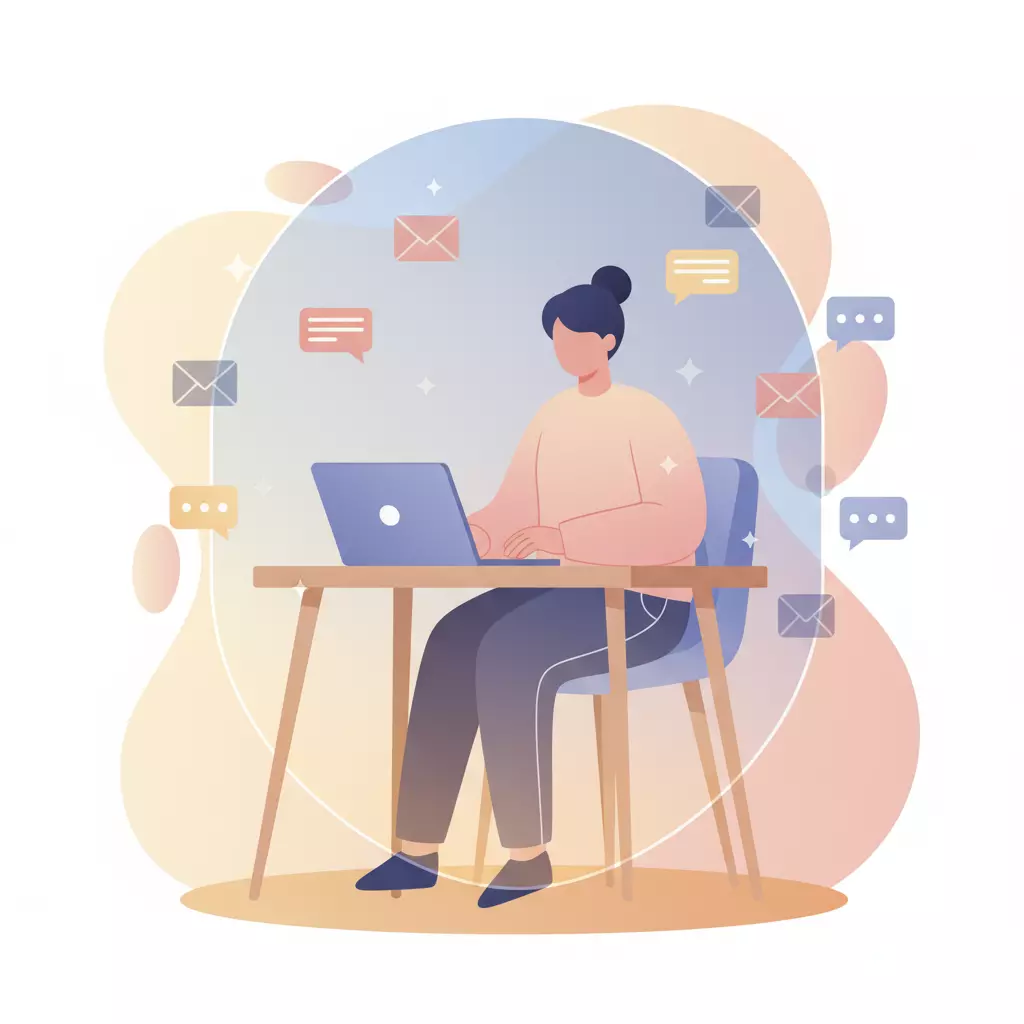
- Email and Calendar Filters for Breakups: Smart Digital Hygiene That Protects Your Healing
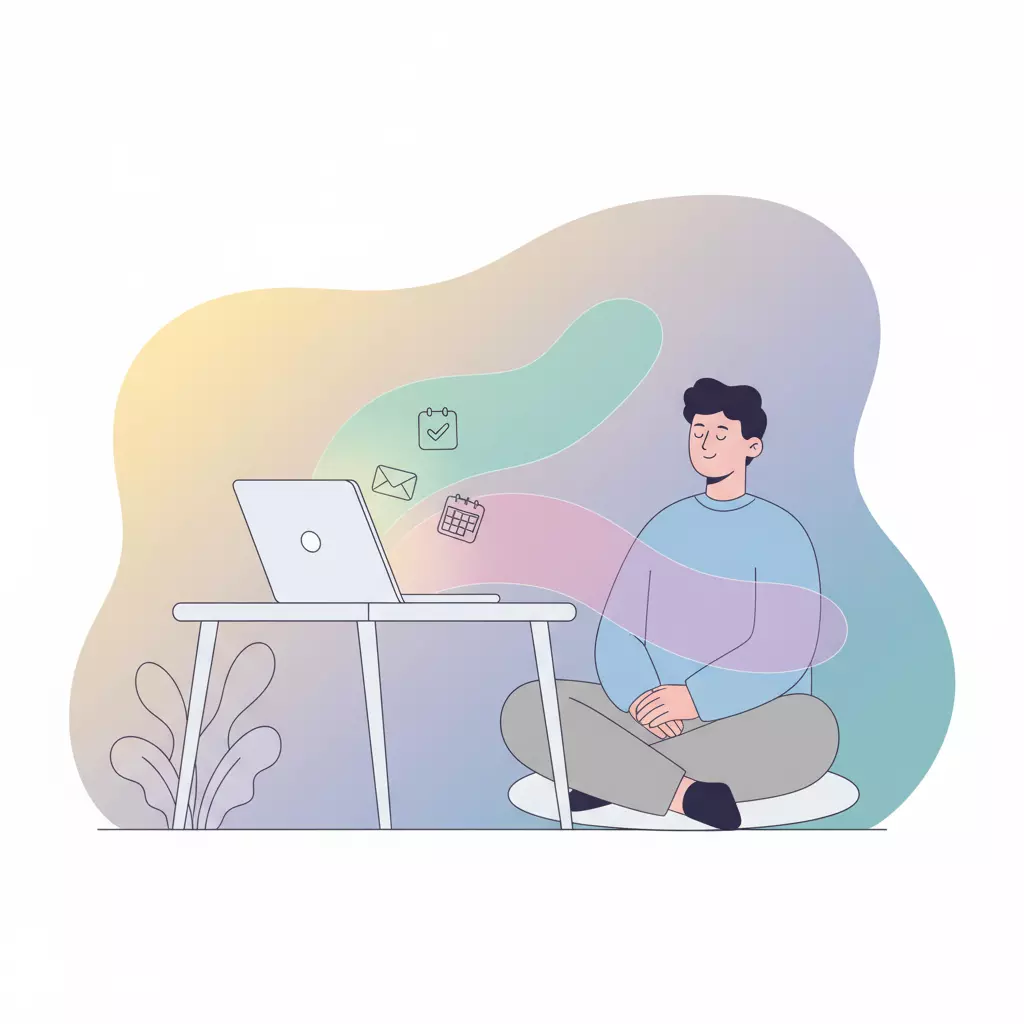
- Digital Hygiene After Breakup: Block, Mute, Restrict — A Healing Decision Tree That Works
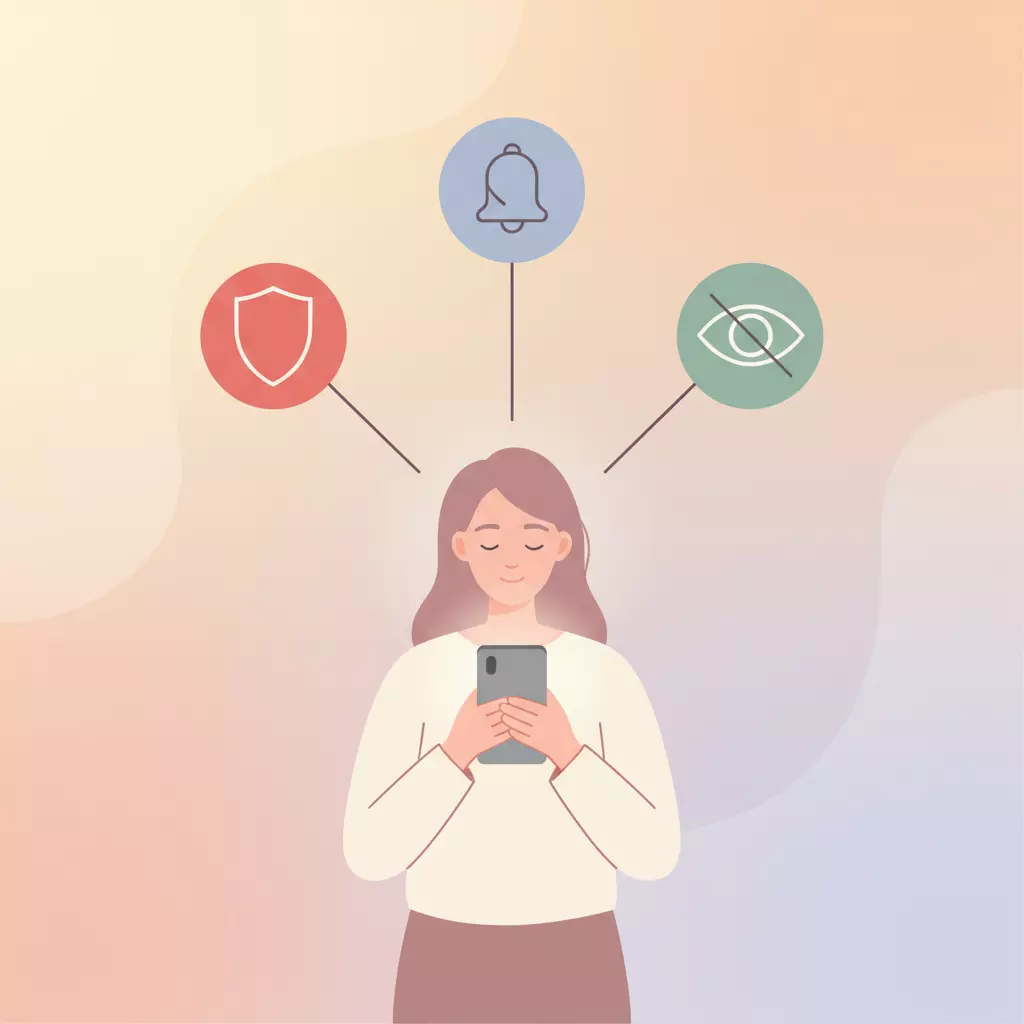
- Queer Digital Hygiene: Rebuild Your Feed From Triggers to Affirming Content in 7 Days
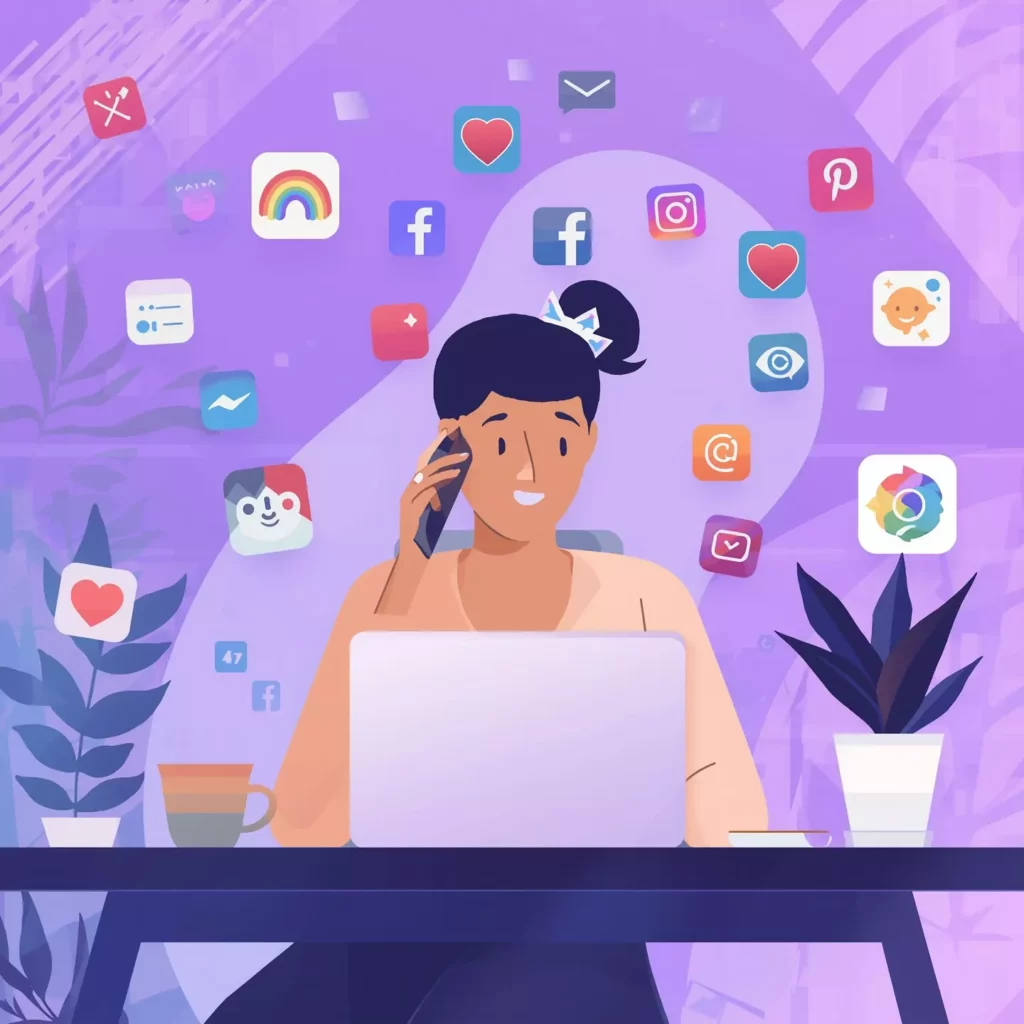
- Transgender Digital Hygiene: Protecting Identity, Deadnaming, and Healing Through Archives
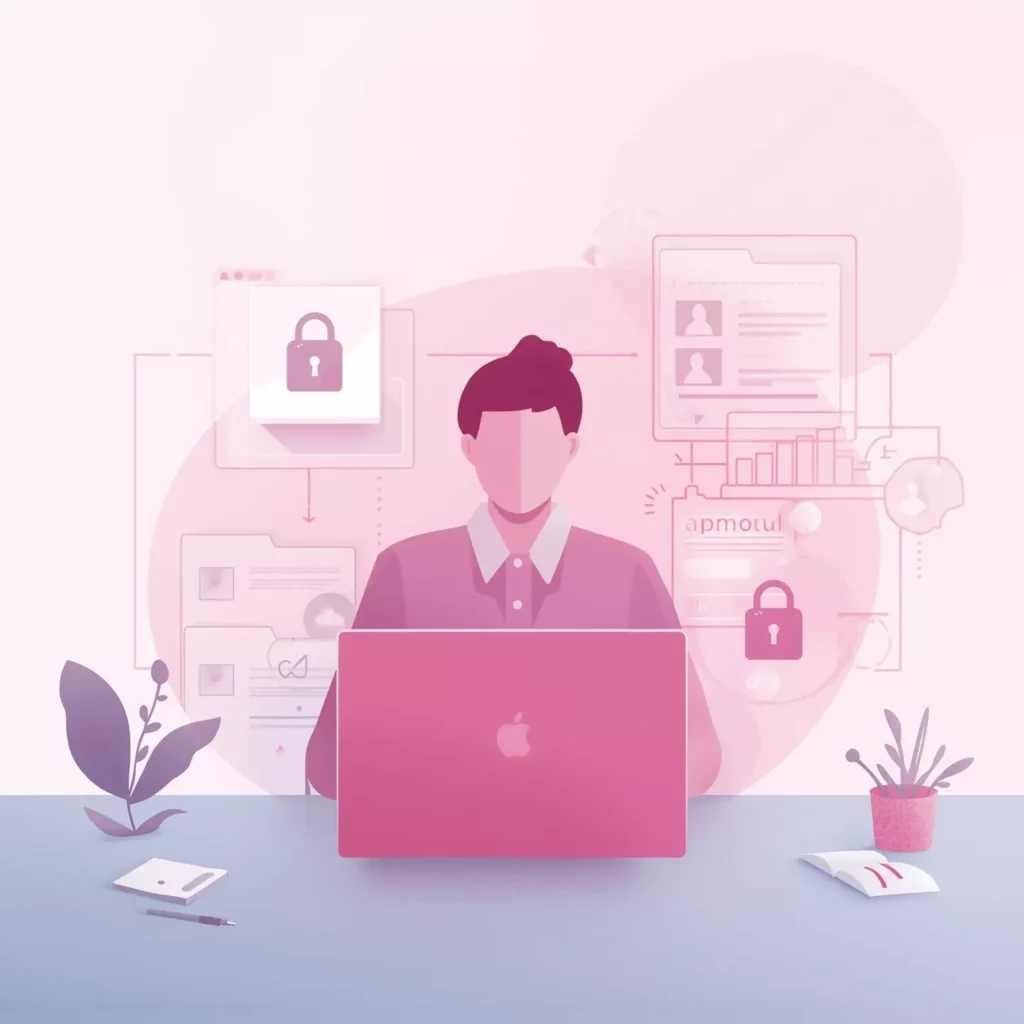
- Lesbian Women & Digital Hygiene: How to Avoid Echo Chambers on Instagram & TikTok
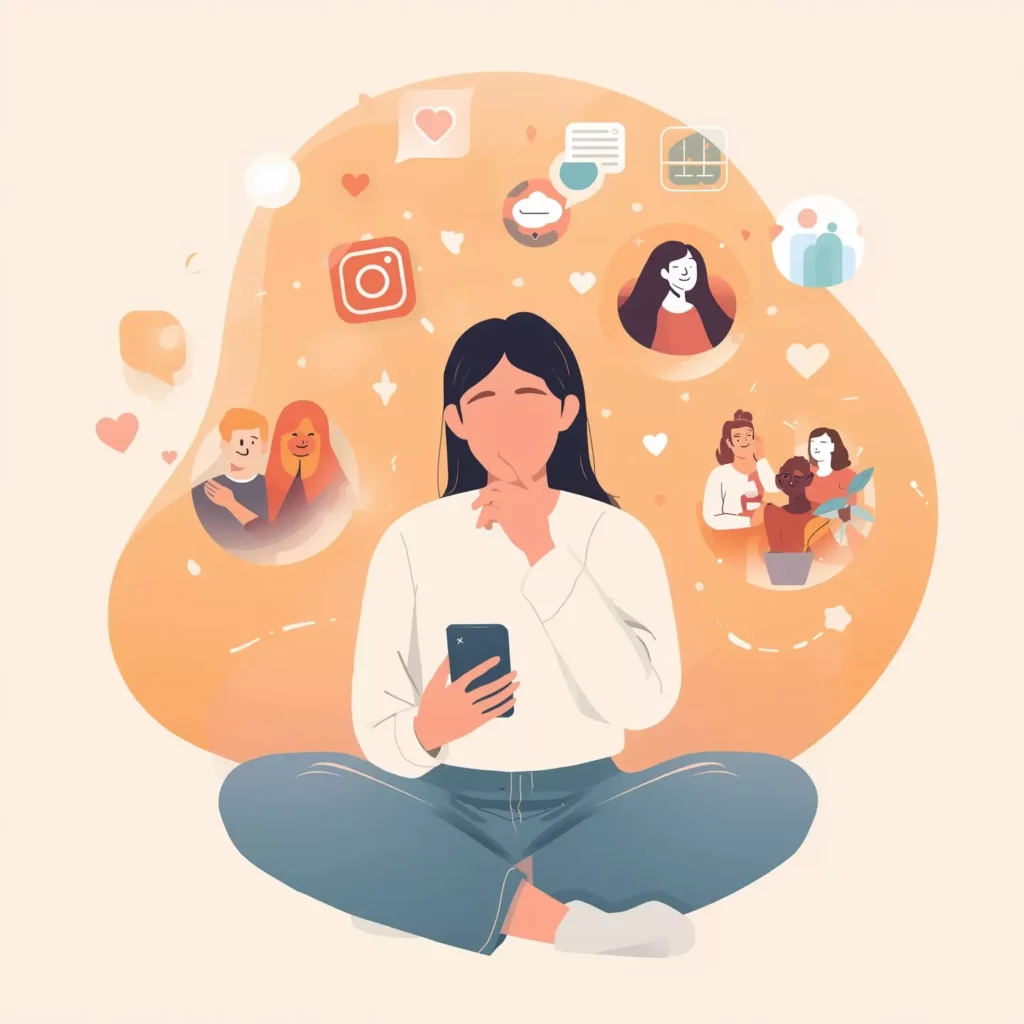
- Gay Men & No Contact: The Best Dating App Strategy to Heal Fast
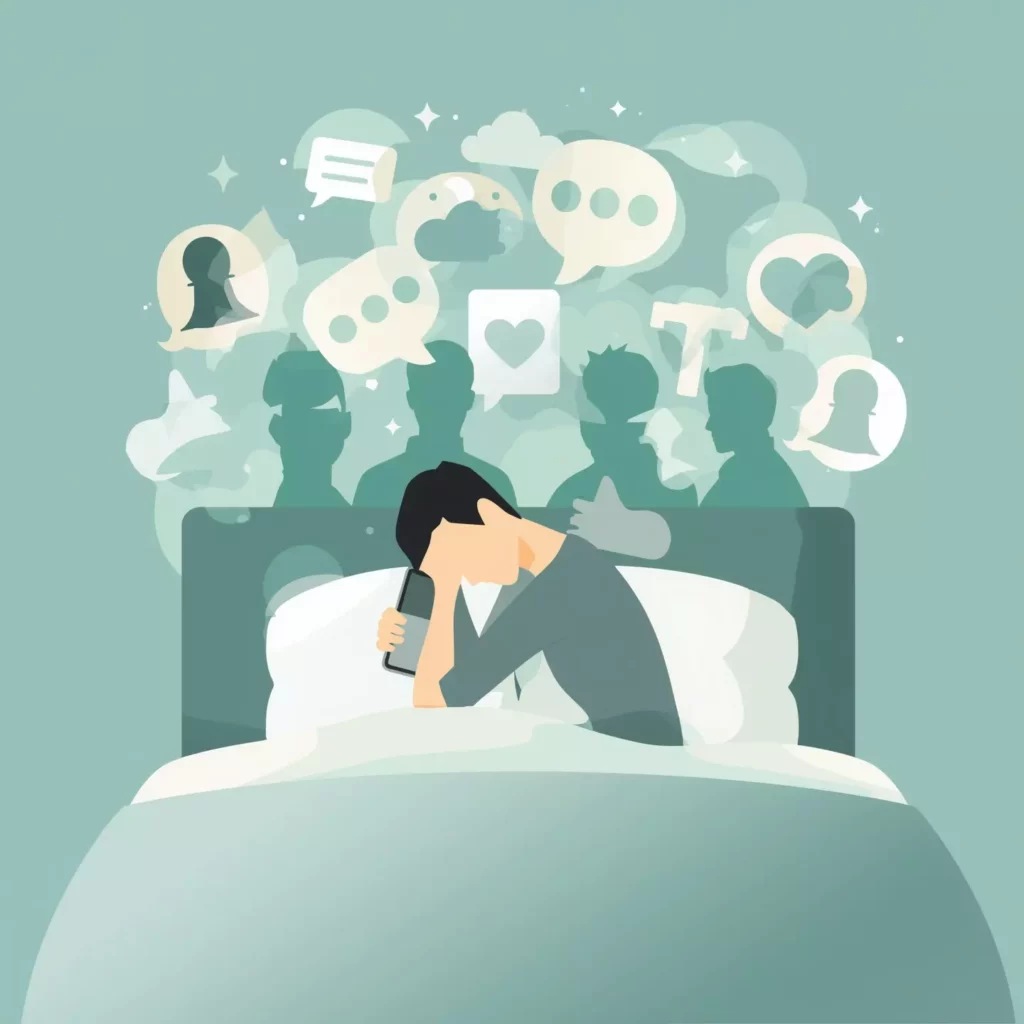
- Women & Digital Hygiene After a Breakup: Powerful Week One Algorithm Rewiring
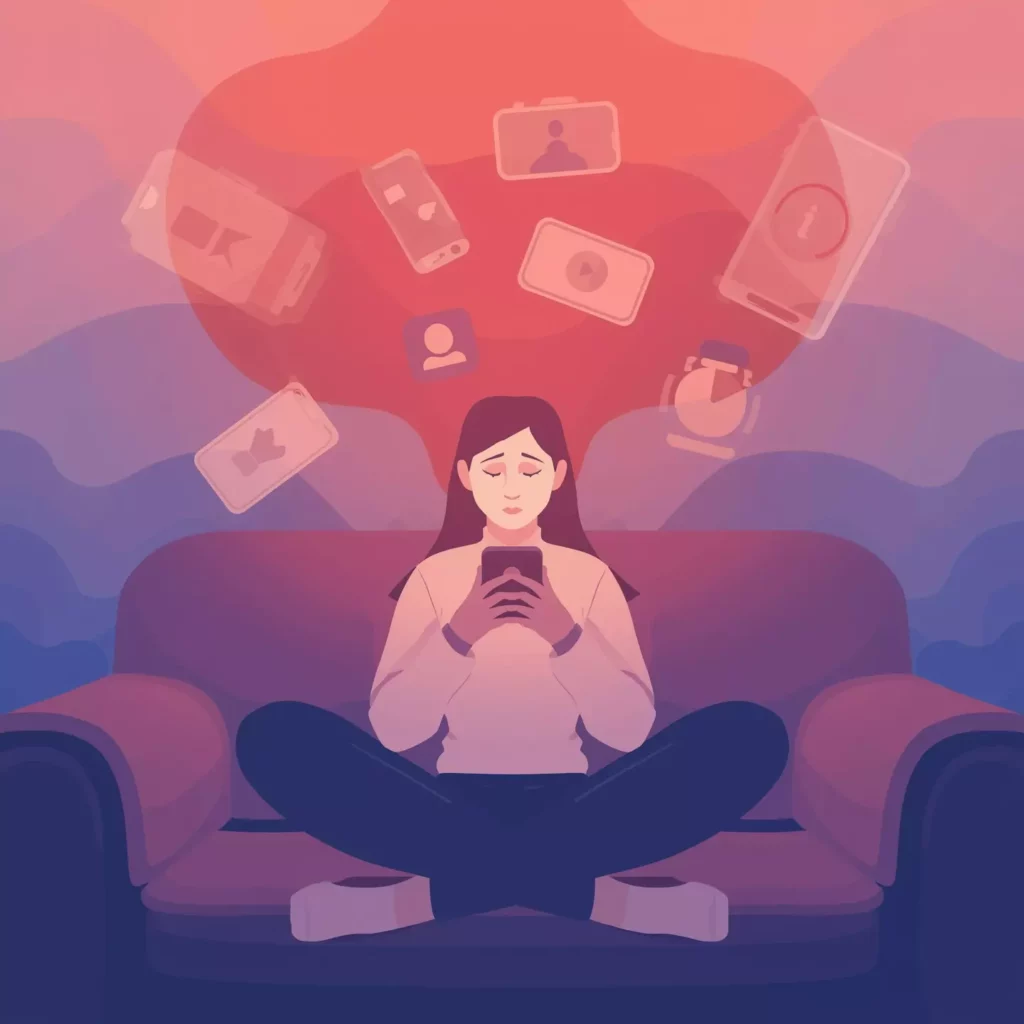
- Phone Detox for Men: Powerful Focus Modes & Friction Hacks to Heal Faster
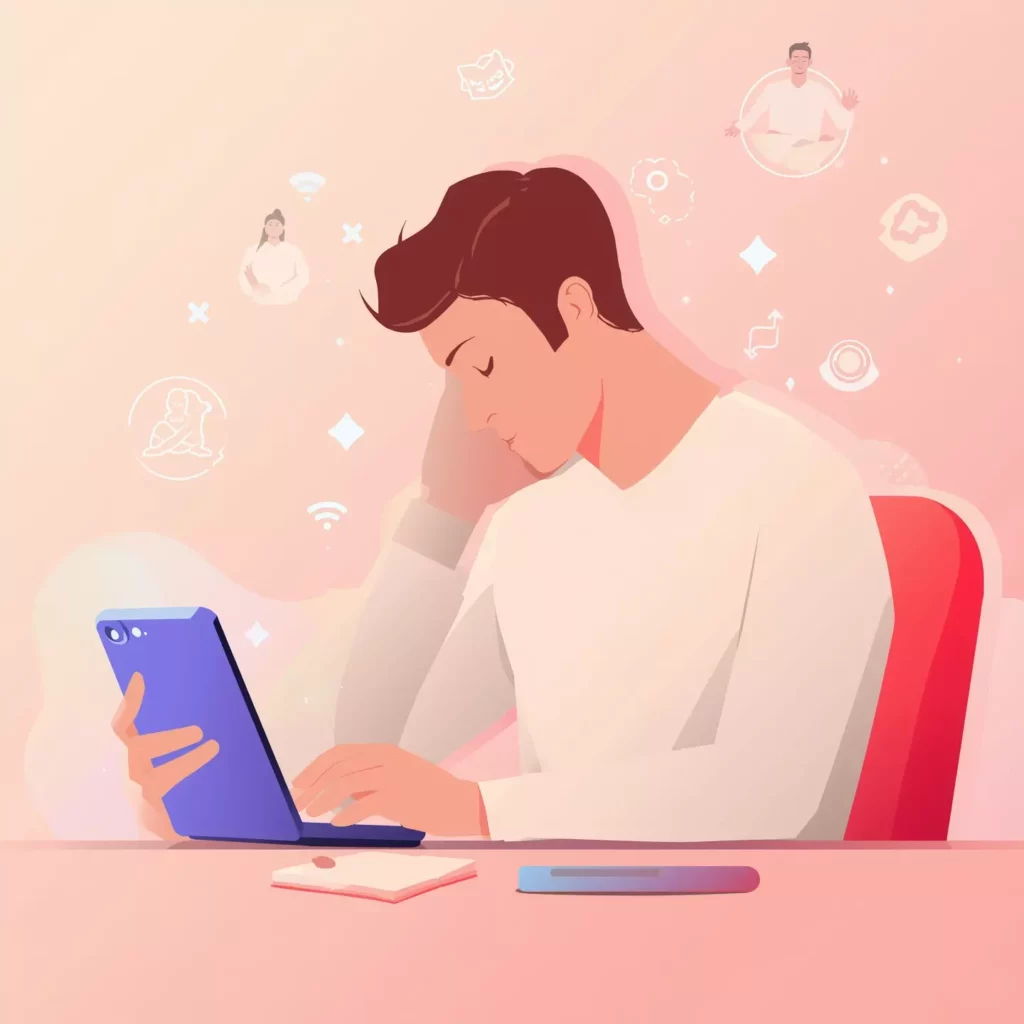
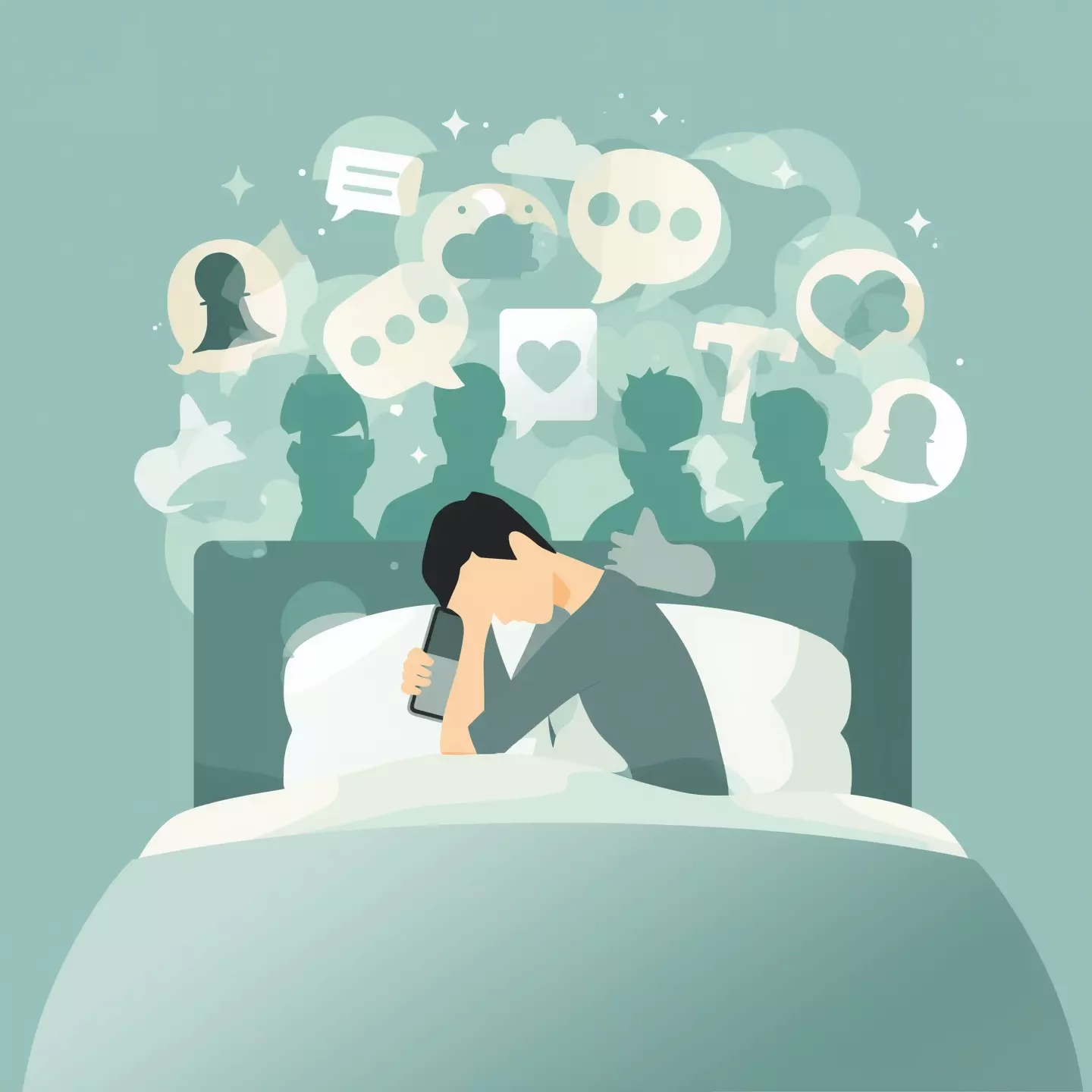
Leave a Reply